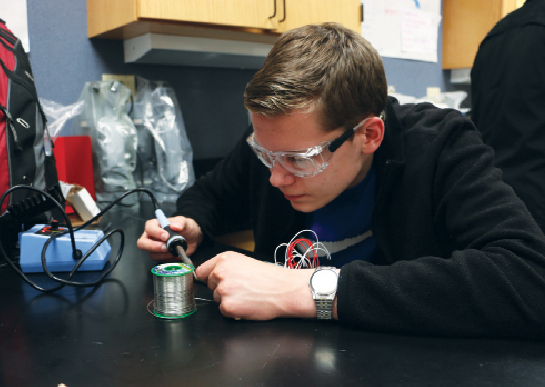Cynthia henry, club sponsor and chemistry teacher, said there will be 54 teams from all 50 states who will compete in 23 different events. CHS will bring 15 students to compete at Nationals with two or three students competing in each event. Scoring will be determined like golf: the lowest score will receive the highest place. Finishing first place in an event will earn one point while a second place finish will receive two points.
According to officer and junior Darren Chang, Science Olympiad prepares for Nationals by practicing four times a week, training with partners, running practice tests and studying textbooks.
Chang said that the team atmosphere consists of a lot of joking, but simultaneously, a great deal of serious work and training.
Chang said, “Teamwork was the one of the most important components for the team’s success. In our path to Nationals, we really had a spirit of team bonding and of working together to achieve the goal of winning a state championship. In the past our team composition, or team bonding, has been a bit different and not so united. But this year we’re able to get each other into this mode of competition that we haven’t seen before, and that made us successful this year.”
Henry said she agrees with Chang, “The club has fostered more of a team culture, and I see a lot of partnerships coming in and practicing together and that has had a big effect.”
Chang said that competing together with the team and learning more about the event subjects will be important experience to have.
“I think the number one benefit of Science Olympiad is education (of the event subjects) as a whole,” Chang said. “Throughout the year, we touch on many topics that we will never, ever touch on in class. For example, there are events like protein modeling that require a very deep knowledge of protein structures that you will never see in AP Biology, and engineering exercises like building a robot arm that even classes like Intro to Engineering Design will never cover.
“There are also other parts of problem solving that are so important in Science Olympiad because it is not only about doing well on a test but also about performing well as a team. There is the element of teamwork, working together and team atmosphere to achieve a goal, so I think that’s what we’ll take out of Science Olympiad, and what we will take out of nationals even if we don’t end up winning,” Chang said.
Science Olympiad also offers an entertaining way to learn science. Chang takes part in an epidemiology event, where he learns about public health surveillance, which is similar to the jobs performed by the Center for Disease Control and Prevention.
“I think that emulating their job every day is a challenge and exercise, but it is also very applicable to the real world. I think exploring real world problems, types of problems like ebola outbreaks is fun and challenging at the same time.”
Henry said, “I think our students can do anything they put their minds to, and after their experience at nationals, I think that will help motivate them to continue to do well and hopefully put in the same effort next year.”
















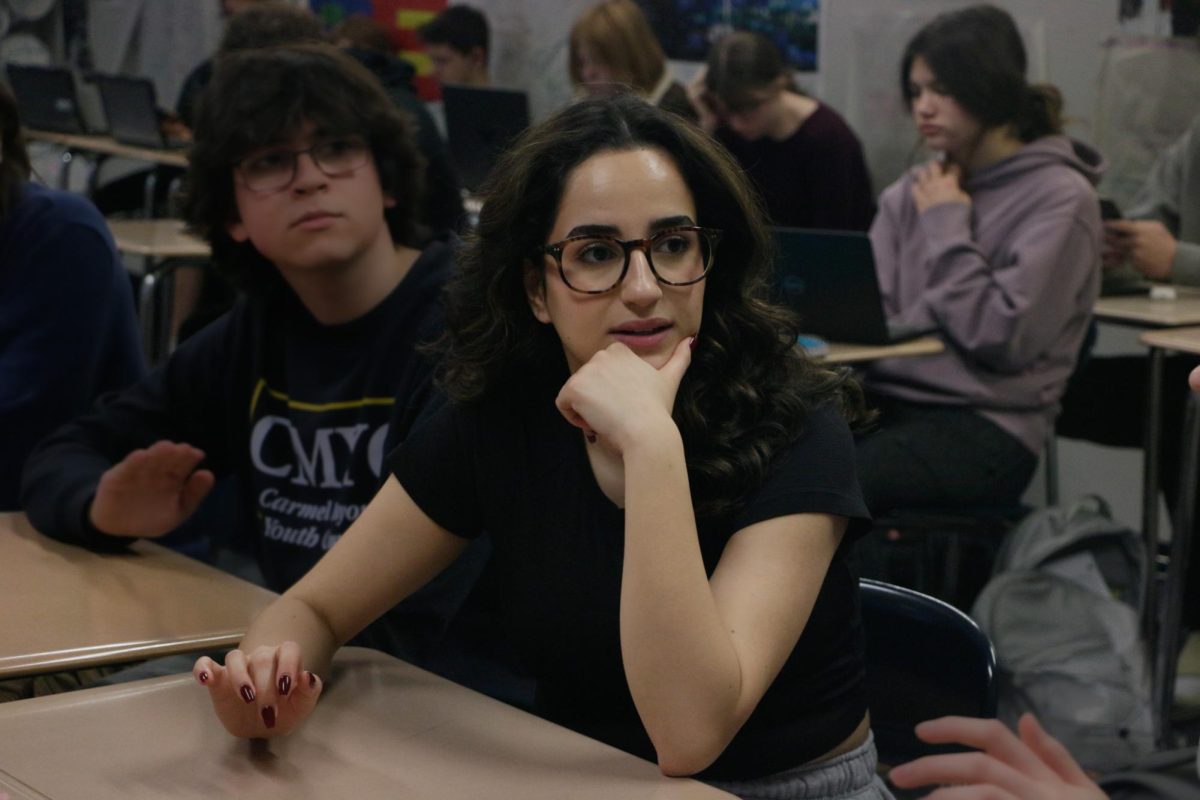

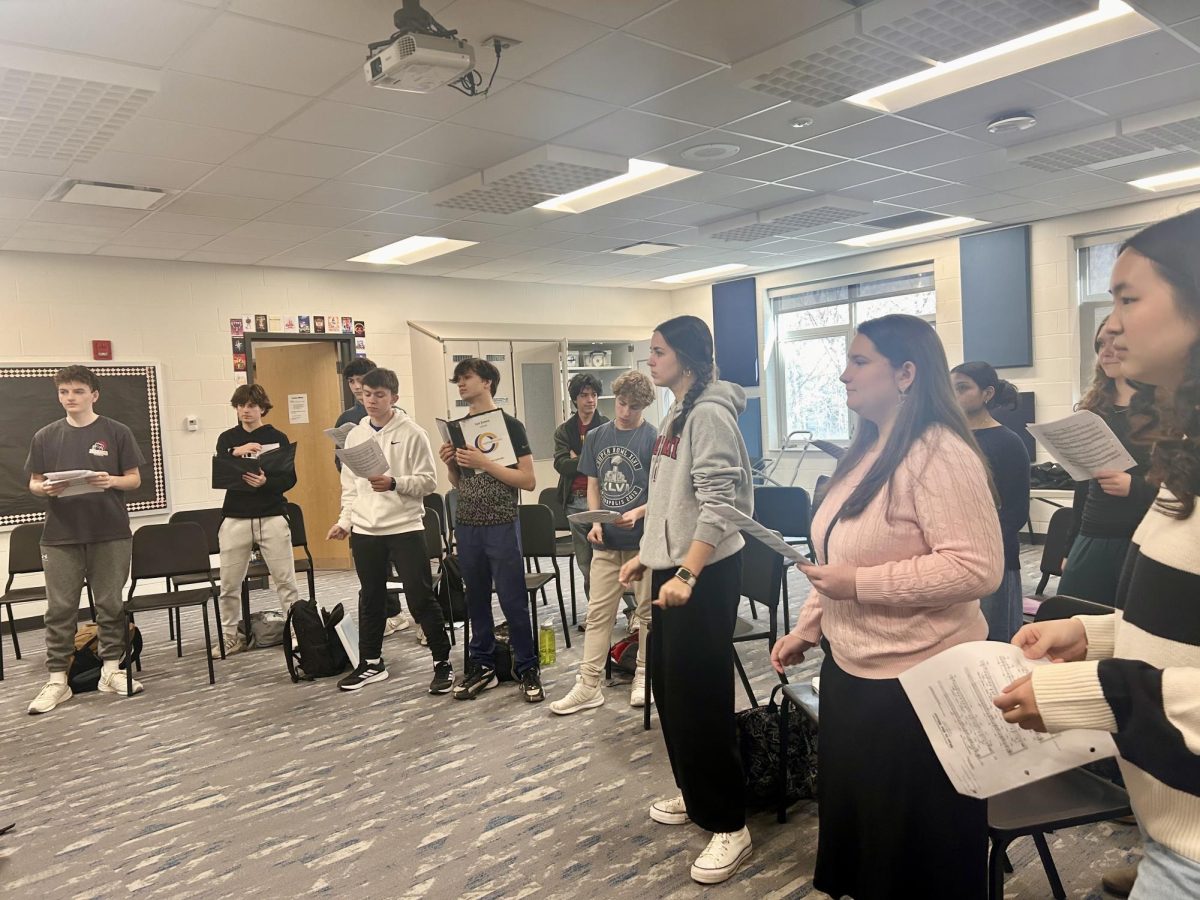

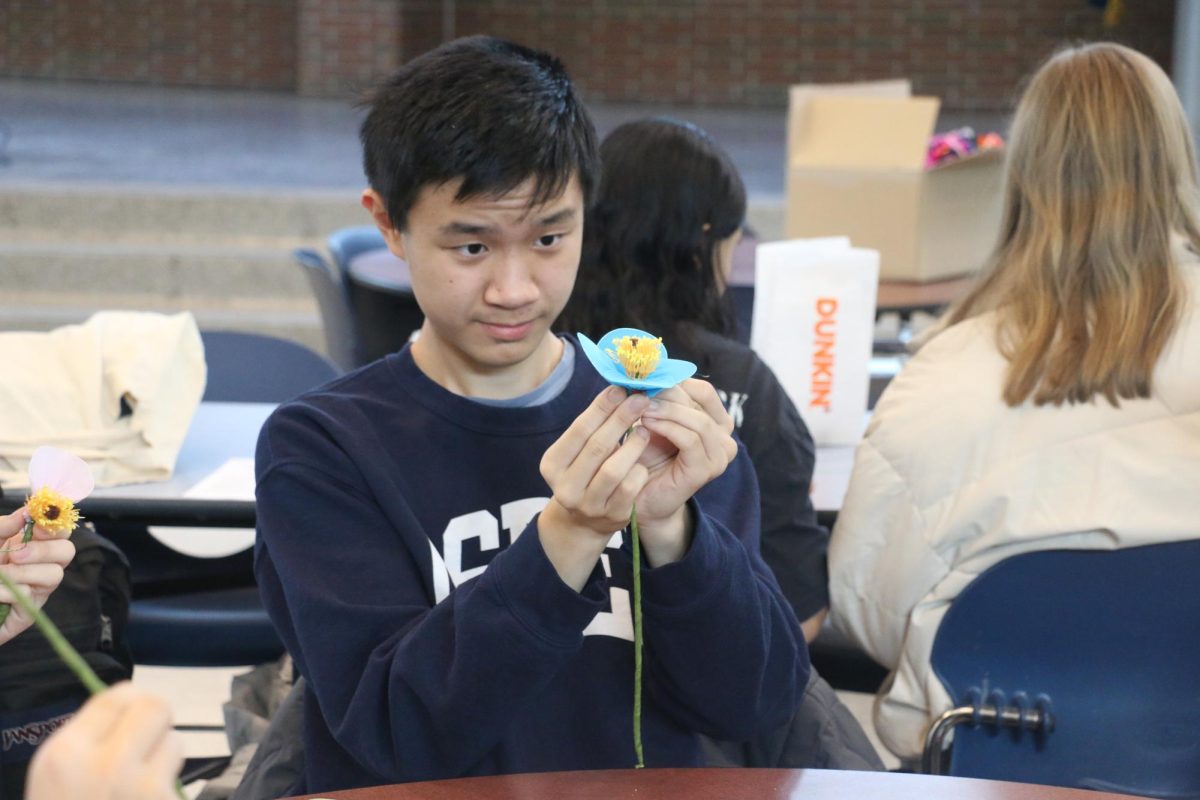




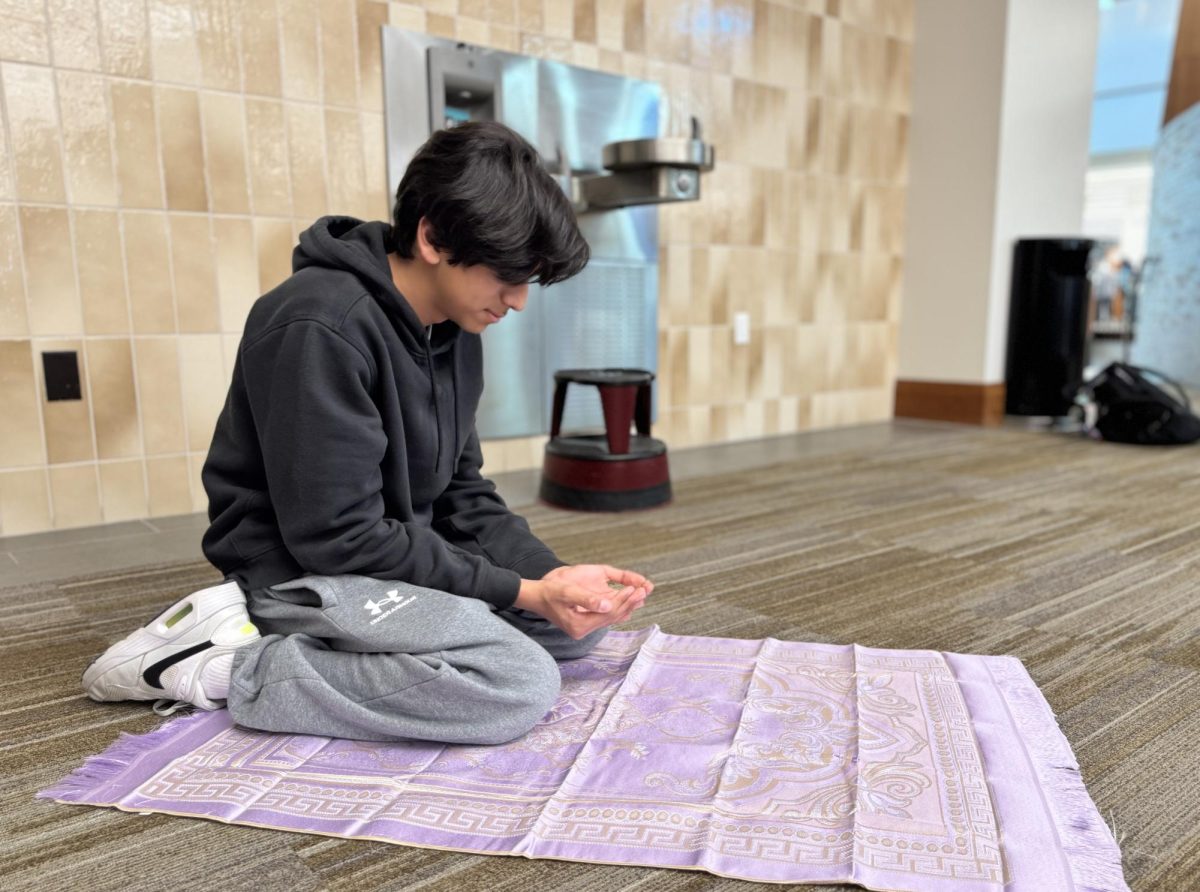





![AI in films like "The Brutalist" is convenient, but shouldn’t take priority [opinion]](https://hilite.org/wp-content/uploads/2025/02/catherine-cover-1200x471.jpg)


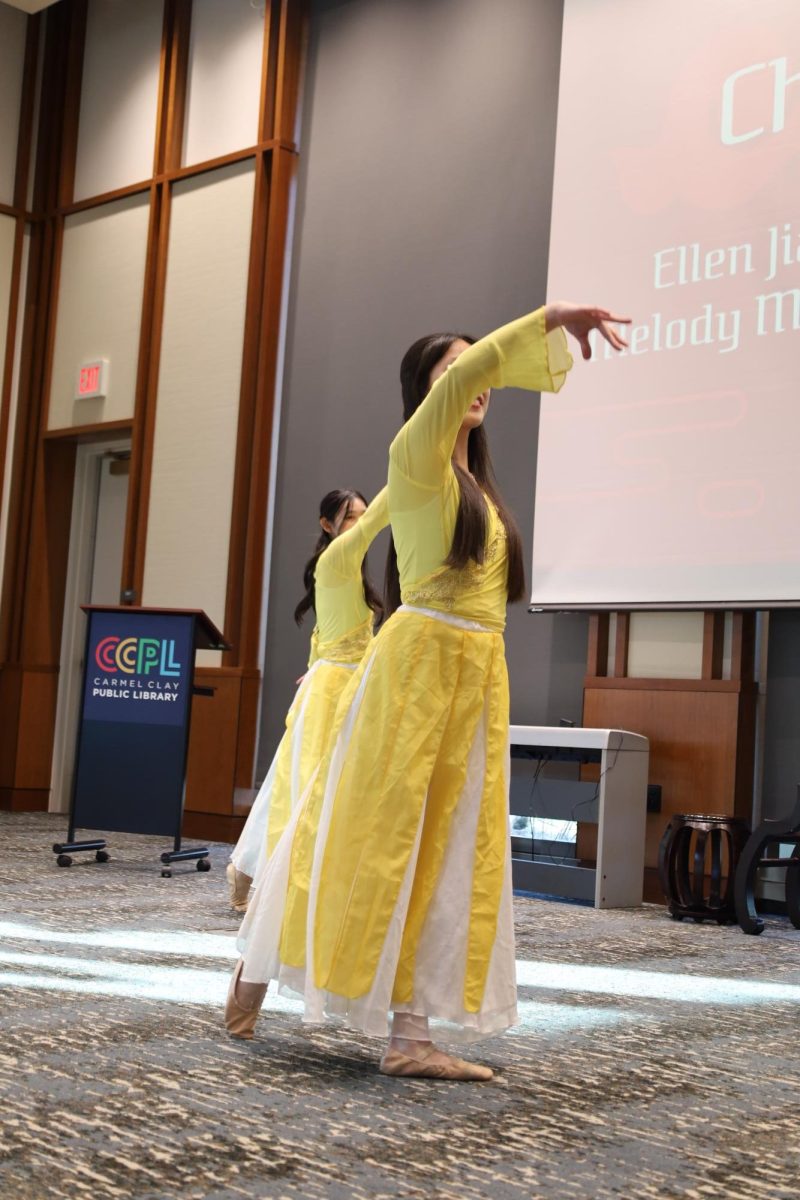










































![Review: “The Immortal Soul Salvage Yard:” A criminally underrated poetry collection [MUSE]](https://hilite.org/wp-content/uploads/2025/03/71cju6TvqmL._AC_UF10001000_QL80_.jpg)
![Review: "Dog Man" is Unapologetically Chaotic [MUSE]](https://hilite.org/wp-content/uploads/2025/03/dogman-1200x700.jpg)
![Review: "Ne Zha 2": The WeChat family reunion I didn’t know I needed [MUSE]](https://hilite.org/wp-content/uploads/2025/03/unnamed-4.png)
![Review in Print: Maripaz Villar brings a delightfully unique style to the world of WEBTOON [MUSE]](https://hilite.org/wp-content/uploads/2023/12/maripazcover-1200x960.jpg)
![Review: “The Sword of Kaigen” is a masterpiece [MUSE]](https://hilite.org/wp-content/uploads/2023/11/Screenshot-2023-11-26-201051.png)
![Review: Gateron Oil Kings, great linear switches, okay price [MUSE]](https://hilite.org/wp-content/uploads/2023/11/Screenshot-2023-11-26-200553.png)
![Review: “A Haunting in Venice” is a significant improvement from other Agatha Christie adaptations [MUSE]](https://hilite.org/wp-content/uploads/2023/11/e7ee2938a6d422669771bce6d8088521.jpg)
![Review: A Thanksgiving story from elementary school, still just as interesting [MUSE]](https://hilite.org/wp-content/uploads/2023/11/Screenshot-2023-11-26-195514-987x1200.png)
![Review: "When I Fly Towards You", cute, uplifting youth drama [MUSE]](https://hilite.org/wp-content/uploads/2023/09/When-I-Fly-Towards-You-Chinese-drama.png)
![Postcards from Muse: Hawaii Travel Diary [MUSE]](https://hilite.org/wp-content/uploads/2023/09/My-project-1-1200x1200.jpg)
![Review: "Ladybug & Cat Noir: The Movie," departure from original show [MUSE]](https://hilite.org/wp-content/uploads/2023/09/Ladybug__Cat_Noir_-_The_Movie_poster.jpg)
![Review in Print: "Hidden Love" is the cute, uplifting drama everyone needs [MUSE]](https://hilite.org/wp-content/uploads/2023/09/hiddenlovecover-e1693597208225-1030x1200.png)
![Review in Print: "Heartstopper" is the heartwarming queer romance we all need [MUSE]](https://hilite.org/wp-content/uploads/2023/08/museheartstoppercover-1200x654.png)


